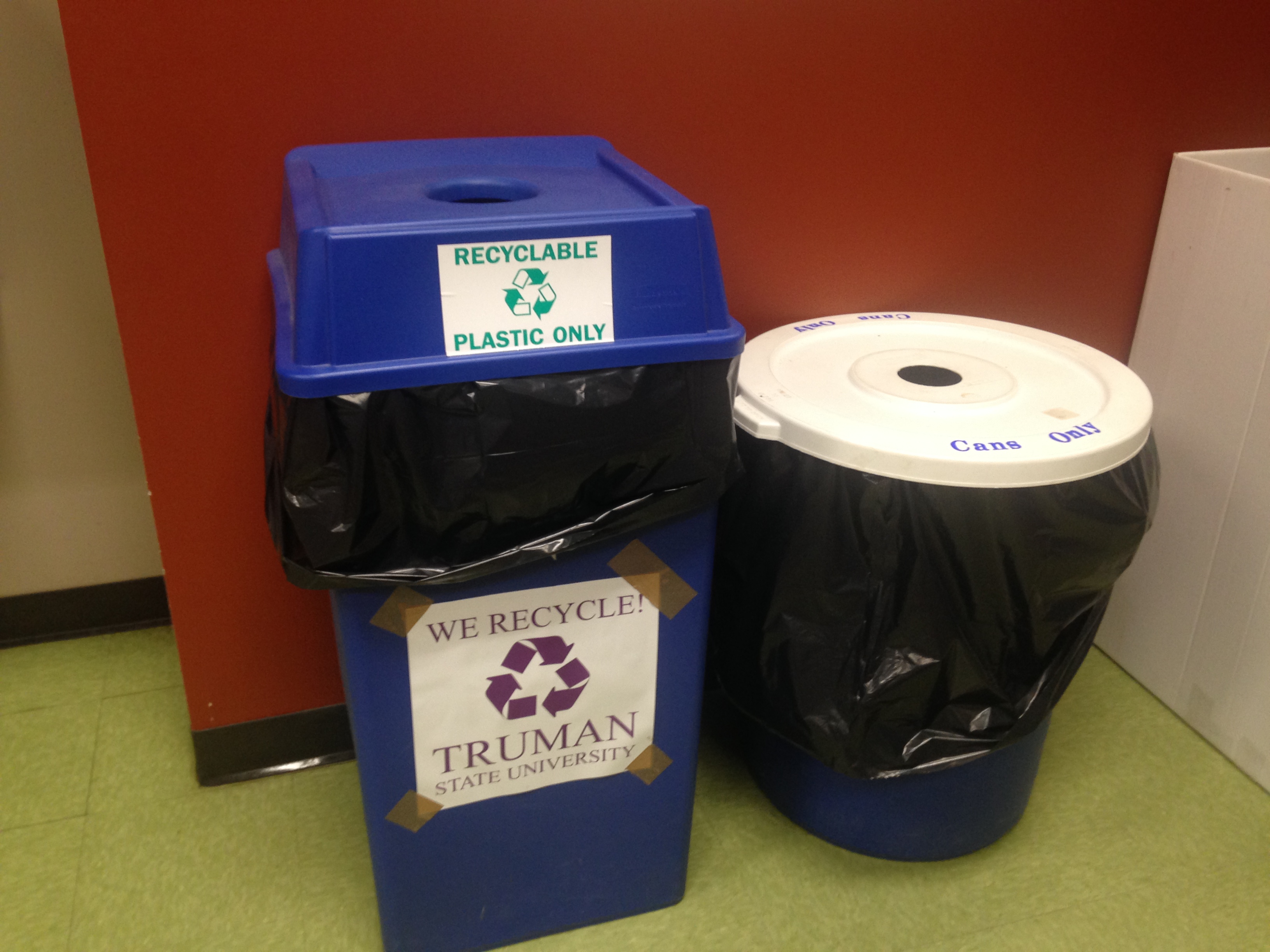
Anyone who has ideas about how the Environmental Sustainability Fee should be spent are invited to submit their ideas Truman State students are now able to submit ideas for how the new $10 Environmental Sustainability Fee should be spent.
The Environmental Sustainability Fee Accountability Committee is inviting students to present ideas to the committee during the month of January. These ideas could potentially be put into effect during summer 2016.
Students can submit ideas by emailing esfeecommittee@truman.edu. Senior Adrian Wheeler, chairman of the committee, says the committee has already received some ideas from students.
“We’ve got a lot of great ideas,” Wheeler says. “It’s great to see students getting involved with this because it is a very important issue.”
For some of these student generated ideas, Wheeler says the committee will continue to consider them and possibly present them to Student Government for final approval.
Wheeler says the Environmental Sustainability Fee Accountability Committee is similar to the committee that oversees the athletic fee. However, he says he wants the Environmental Sustainability Fee Accountability Committee to be more open to accepting student input.
“When we were creating this fee, we wanted it to be as open and transparent as possible to the student body,” Wheeler said. “We wanted to add transparency and allow students to have a voice in the matter. We are open to all suggestions. We just want to hear what ideas students have.”
Wheeler says that ideas submitted should accomplish the goal of making Truman a more sustainable campus. He says proposals should also be cost efficient.
The Environmental Sustainability Fee is $10 for each full time student per academic year, Wheeler says. This totals between $50,000 and $60,000 per year for the committee to spend on environmental projects.
The committee also comes up with their own ideas for how the fee should be spent, Wheeler says. One idea the committee came up with and researched is replacing paper towel dispensers in bathrooms with energy efficient hand dryers, Wheeler says.
Once the committee has decided how the money from the fee should be spent, Wheeler says they will present the proposal to Student Senate, who will vote as to whether or not to approve the proposal.
Wheeler says that while students can submit ideas to the committee at any time, ideas must be submitted by the end of January for proposal to Student Senate during March.
Wheeler says the fee was approved by the student body during the Spring 2015 semester and went into effect during the Fall 2015 semester.
Wheeler says his goal is to have these projects put into effect during summer 2016. However, he says he knows that some larger projects might not be able to implemented that quickly. For example, he says the committee has discussed adding a sixth solar panel to Truman’s campus, but this process would involve a bidding process to get the cheapest price possible, and this process takes at least two months. For this reason, Wheeler says larger projects such as this one will likely not be completed until the Fall 2016 semester.
Wheeler says the committee consists of himself, three members of the student body, a representative selected by the Student Body President, a Student Government representative and three representatives from Truman’s various environmental organizations. He says there are also three faculty and staff members to serve as nonvoting members of the committee as it is a new organization. This committee was formed during the Fall 2015 semester.
Chief Information Officer Donna Liss is one of the non-voting committee members. She says these members advise and assist the student members about what ideas they should proceed with.
As for student submitted ideas, Liss says the committee is open to any ideas. However, she says the best ideas will benefit the university in some way in the future.
“It’s really anything that someone thinks might save some resources in some way down the road,” Liss says. “Those are the ideas that might get the most attention. Anything that will have some kind of a payback in the future.”
